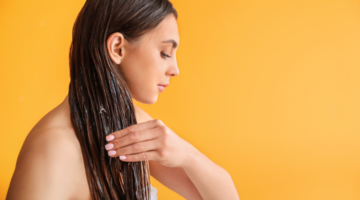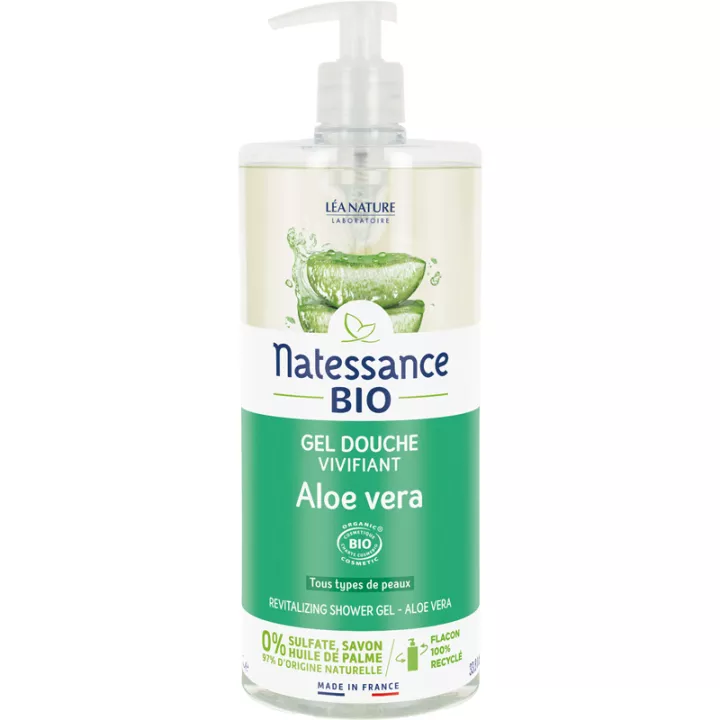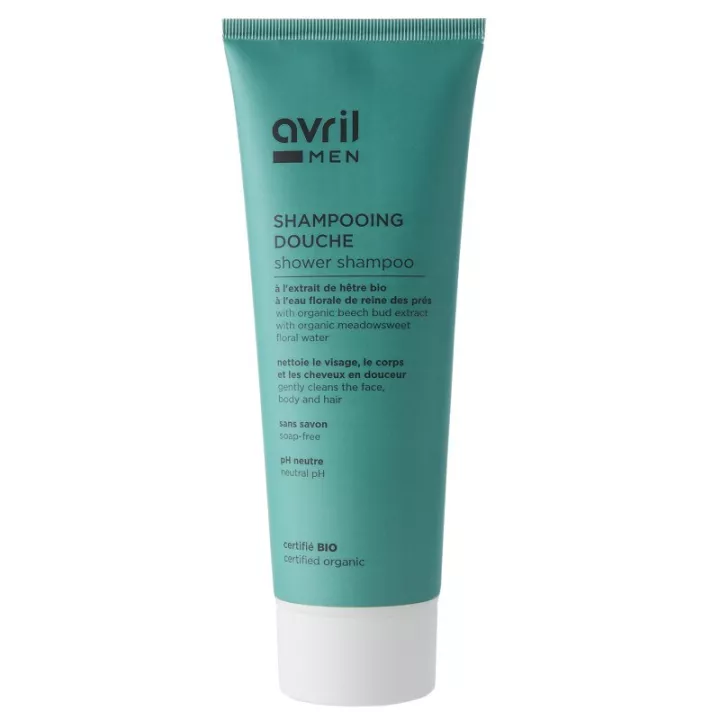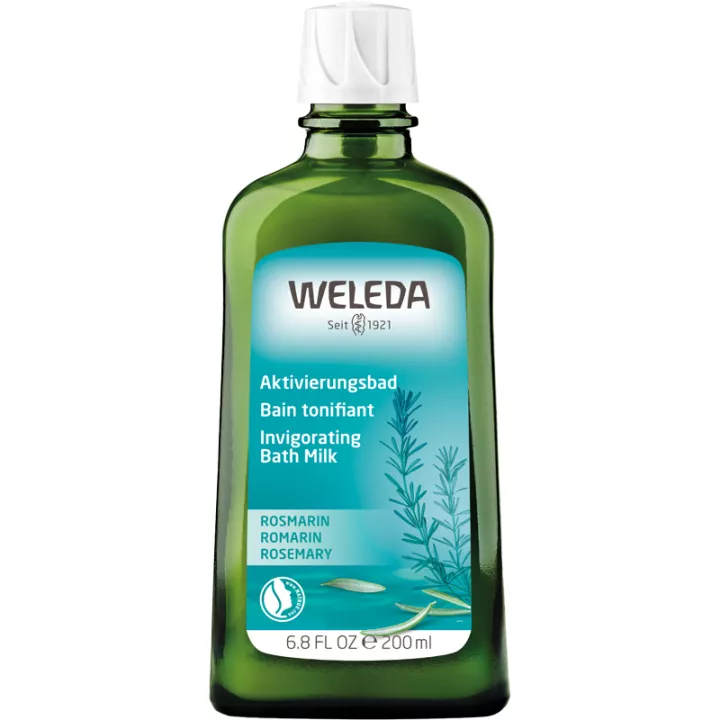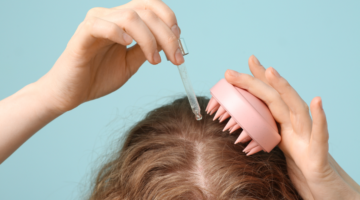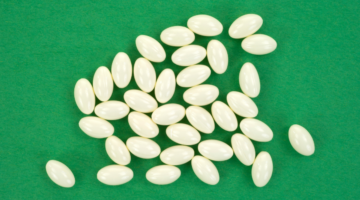What is Natessance Shampoing Douche Tonifiant Bio used for?
This shampoo-shower is ideal for people in a hurry who don't want to use several skincare products. This practical hair and body cleanser saves time in the shower and reduces the size of your toiletry bag.
Natessance® offers sulfate-free** shower gels and shampoos whose cleansing bases are derived from coconut for 100% vegetable origin and biodegradable formulation. They cleanse skin and hair while respecting skin balance.
**Free of sulfated surfactants
We also offer Natessance Shampoo Couleur Bio Pour Cheveux Colorés 500 ml, at the best price in our online pharmacy.
How do I use this organic shower shampoo?
Lather this cleanser over the body, then rinse. Then moisturize your skin with Natessance® body butter.
Give your opinion on the instructions for use and dosage of Natessance Shampoing Douche Tonifiant Bio with our partner Verified opinions after your purchase.
What are the side effects and contraindications?
In case of contact with eyes, rinse thoroughly. Keep out of reach of children. Do not swallow.
What is the composition of this Natessance hair and body cleanser?
Aqua (Water), Cocamidopropyl Betaine, Lauryl Glucoside, Decyl Glucoside, Glyceryl Laurate,Sodium Chloride, Benzyl Alcohol, Lippia Citriodora Leaf Water*, Caprylyl/Capryl Glucoside, Sodium Levulinate, Glycerin, Coco-Glucoside, Glyceryl Oleate, Parfum (Fragrance), Sodium Benzoate, Limonene, Dicaprylyl Ether, Citral, Lauryl Alcohol, Lactic Acid, Aloe Barbadensis Leaf Juice Powder*, Citric Acid, Linalool, Caesalpina Spinosa Gum, Citrus Medica Limonum (Lemon Peel) Oil*, Potassium Sorbate, Tocopherol, Hydrogenated Palm Glycerides Citrate, Cocos Nucifera (Coconut) Oil, Dehydroacetic Acid, Ci75810 (Chlorophyllin-Copper Complex), Ascorbyl Palmitate
100% plant-based bottle
Without pump. Made from sugar cane, this new plant-based material reduces our CO2 emissions by 75%.
*ingredients from organic farming
Presentation - Packaging
Natessance Organic Toning Shower Shampoo comes in a 1-liter bottle at the best online price.
Our expert advice on natural health
After a shower, it's important to adopt a proper routine to care for your skin and maintain its hydration and health. Here are some recommended steps for a post-shower skin care routine:
- Gentle drying: After you've finished your shower, gently dab your skin with a clean, soft towel. Avoid vigorous rubbing, as this can irritate the skin and alter its natural protective barrier.
- Immediate moisturizing: Apply a moisturizing cream suited to your skin type while it's still slightly damp. This helps lock in moisture and maintain optimal hydration. Choose a cream without fragrance or potentially irritating ingredients.
- Gentle, neutral products: Opt for gentle, soap-free cleansers to avoid further drying of the skin. Lipid-based cleansers or natural oils can help maintain the skin's lipid balance.
- Moderate exfoliation: Make exfoliation part of your routine, but in moderation. Use a gentle scrub once or twice a week to remove dead skin cells and promote cell renewal. Avoid rough exfoliants that could damage the skin.
- Continuous moisturizing: As well as moisturizing immediately after a shower, continue to apply a moisturizing cream throughout the day to keep the skin hydrated. This is particularly important in winter or dry environments.
- Daily sun protection: If you go out after a shower, always apply a sun cream with an appropriate sun protection factor (SPF) to protect your skin from harmful UV rays. This helps prevent sun damage and premature aging.
- Clothing choice: Wear cotton or natural fabrics after showering. Avoid synthetic fabrics, which can trap moisture against the skin and cause irritation.
- Internal hydration: Drink enough water throughout the day to keep your skin hydrated from the inside out. Internal hydration plays a crucial role in skin health.
By following these steps, you can help maintain the health and vitality of your skin after a shower. However, it's important to note that every skin type is unique, so it's advisable to adjust these recommendations according to your specific needs, and to consult a healthcare or dermatology professional if you have any particular concerns.
